Struggling with setting up CRM for businesses? You're not alone! Learn about the 8 common challenges people face and how to tackle them. From convincing your team to dealing with data security, we've got simple solutions to make CRM implementation smoother. Don't let these CRM issues hold you back from growing your business!
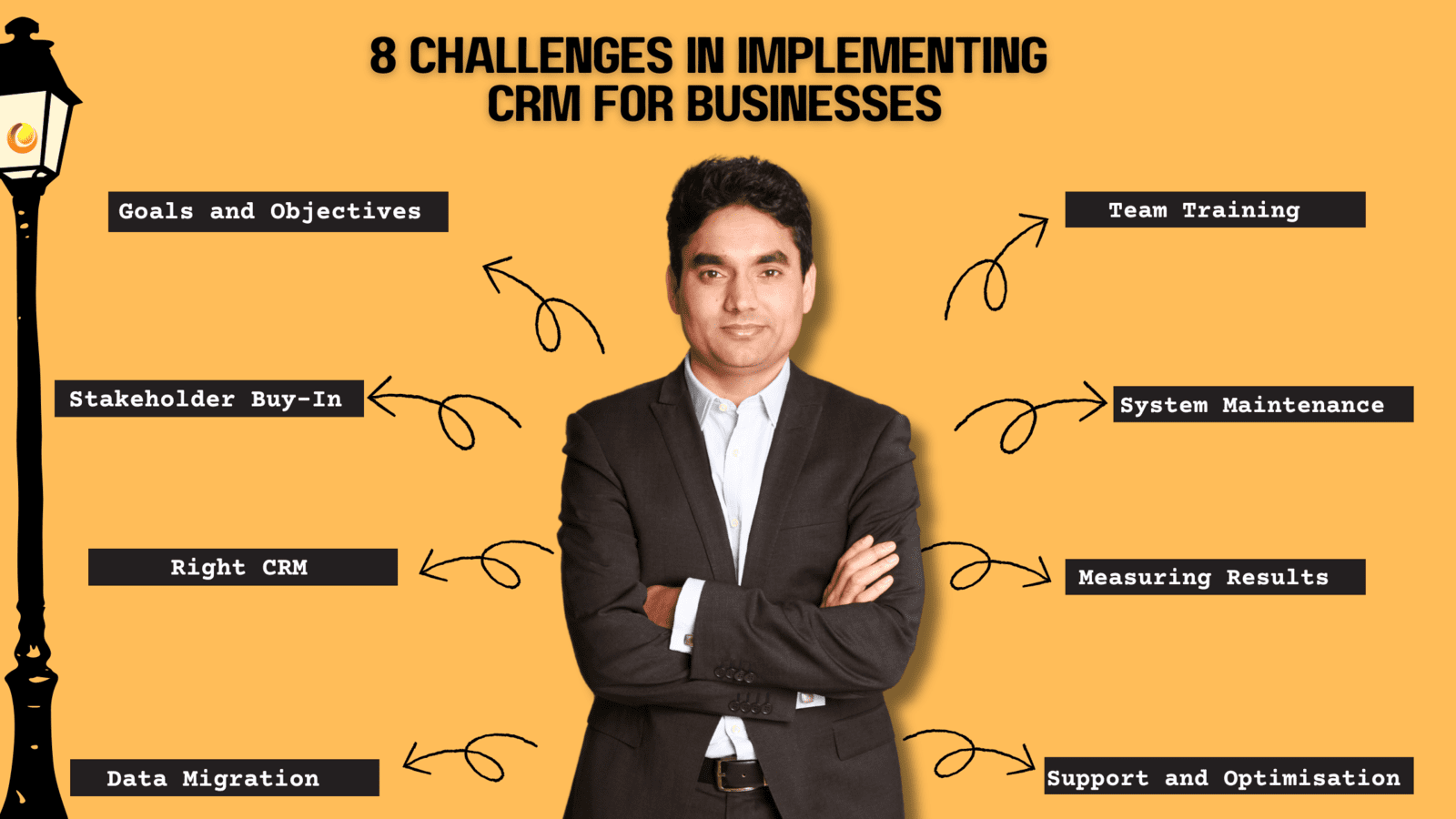
- Introduction To Challenges Of Implementing CRM For Businesses
- Defining Clear Goals And Objectives
- Gaining Stakeholder Buy-In
- Choosing The Right CRM System
- Data Migration Challenges
- Effective Team Training
- Continuous System Maintenance
- Measuring Implementation Results
- Ongoing Support And Optimisation
- Conclusion
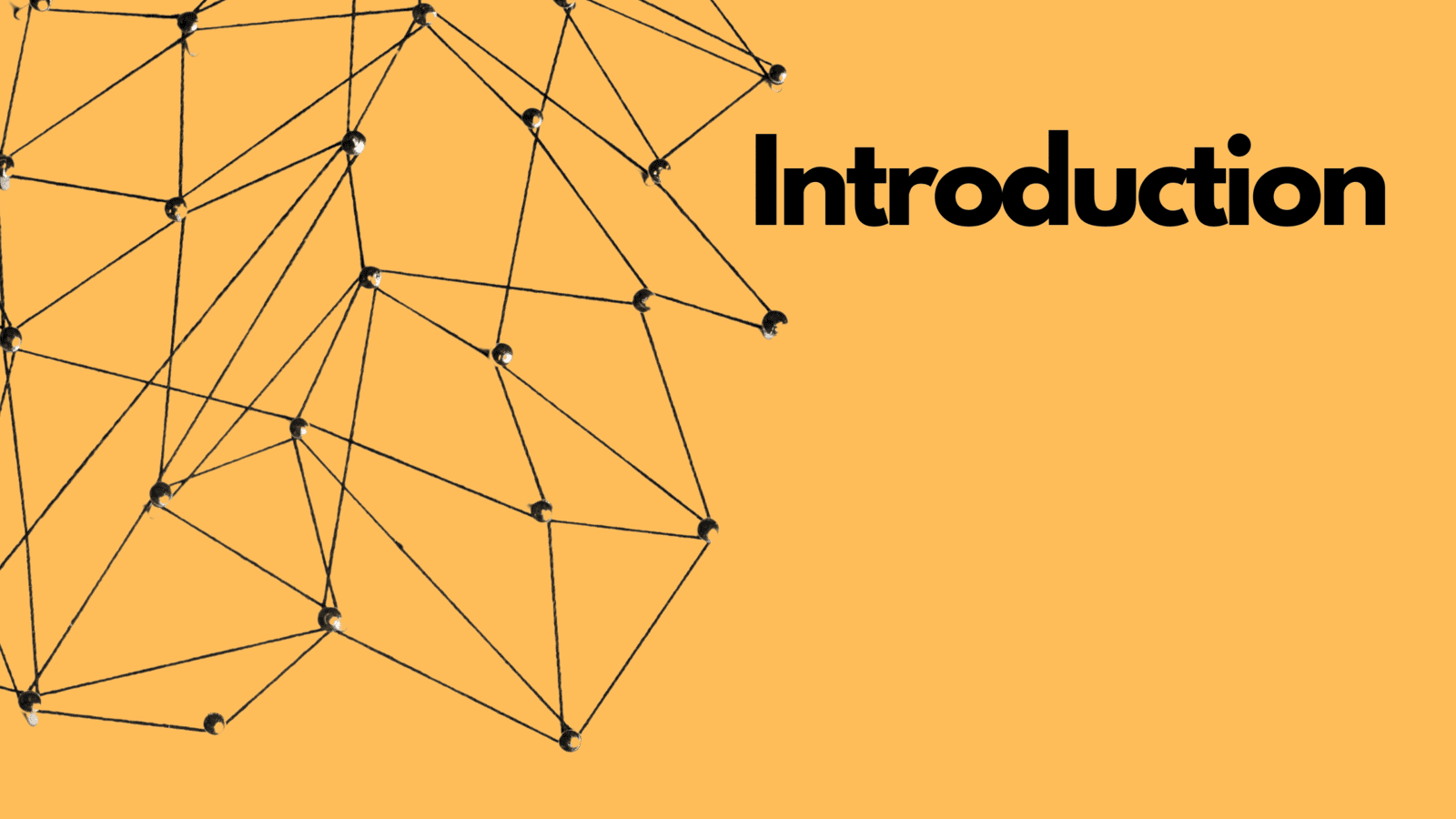
Introduction
- Elevating Customer Service
- Propelling Sales to New Heights
- Empowering Operational Efficiency
- Unveiling Customer Insights
- Guiding Strategic Decisions
- Trimming Costs, Maximising Value
- Tasks Transformed into Automation
- Precision in Decision-Making

Defining Clear Goals and Objectives
- The broader business objectives
- Specific challenges or pain points the business is grappling with
- Customer requirements and needs
- Capabilities inherent to the CRM system
- Augmenting sales figures
- Elevating customer contentment levels
- Enhancing customer retention rates
- Streamlining operational procedures
- Curbing operational costs
- Attaining a competitive edge
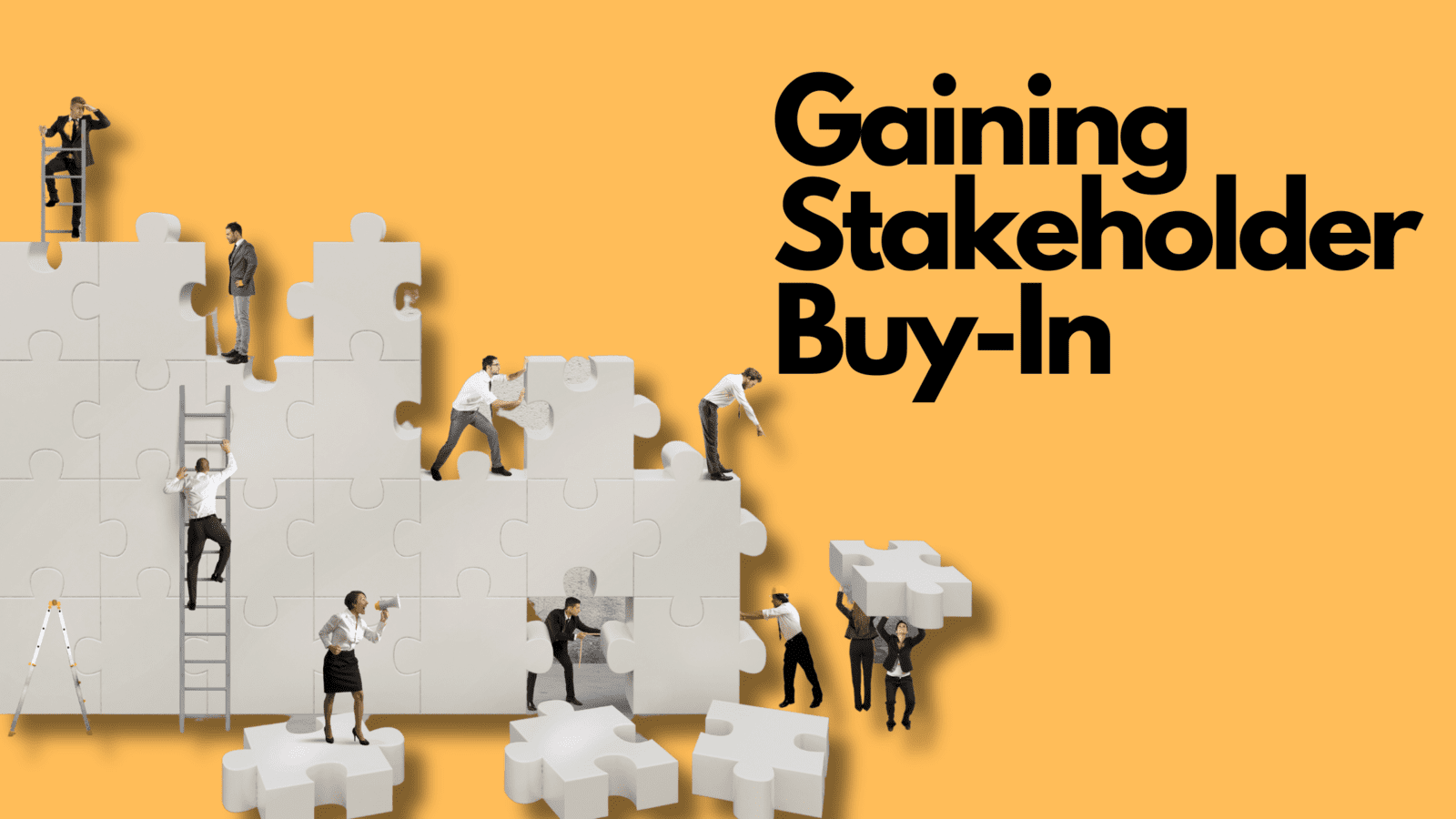
Gaining Stakeholder Buy-In
- Sales: At the forefront of CRM usage, salespeople play a pivotal role in the selection and implementation process. Their insights are invaluable for identifying crucial features and functionalities. That's why it's important for tune CRM for businesses.
- Marketing: The involvement of marketers is vital in shaping the CRM implementation. They aid in defining the data required for collection and storage within the CRM system.
- Customer service: Seamless CRM access is essential for customer service representatives to track interactions and address concerns. Their feedback is instrumental in refining the CRM system.
- IT: The technical facets of CRM implementation fall within the domain of IT. Ensuring proper system configuration and providing users with necessary training is their responsibility.
- Initiate by comprehending each team's needs. What challenges do they face? What objectives are they aiming to fulfil with CRM? Customising your message to address these aspects is crucial.
- Clearly articulate the advantages of CRM. How will CRM for businesses enhance efficiency, productivity, and overall success for each team? Whenever possible, quantify these benefits.
- Secure endorsement from upper management. When the CEO and senior executives are on board with CRM, obtaining support from the rest of the organisation becomes more feasible.
- Involve stakeholders throughout the planning and execution phases. This cultivates a sense of ownership and boosts support for the project.
- Offer comprehensive training and assistance. Equipping all users with the necessary skills is paramount for effective CRM utilisation.
- Maintain consistent communication with stakeholders. Keeping them informed about project progress and addressing any concerns that arise is essential.
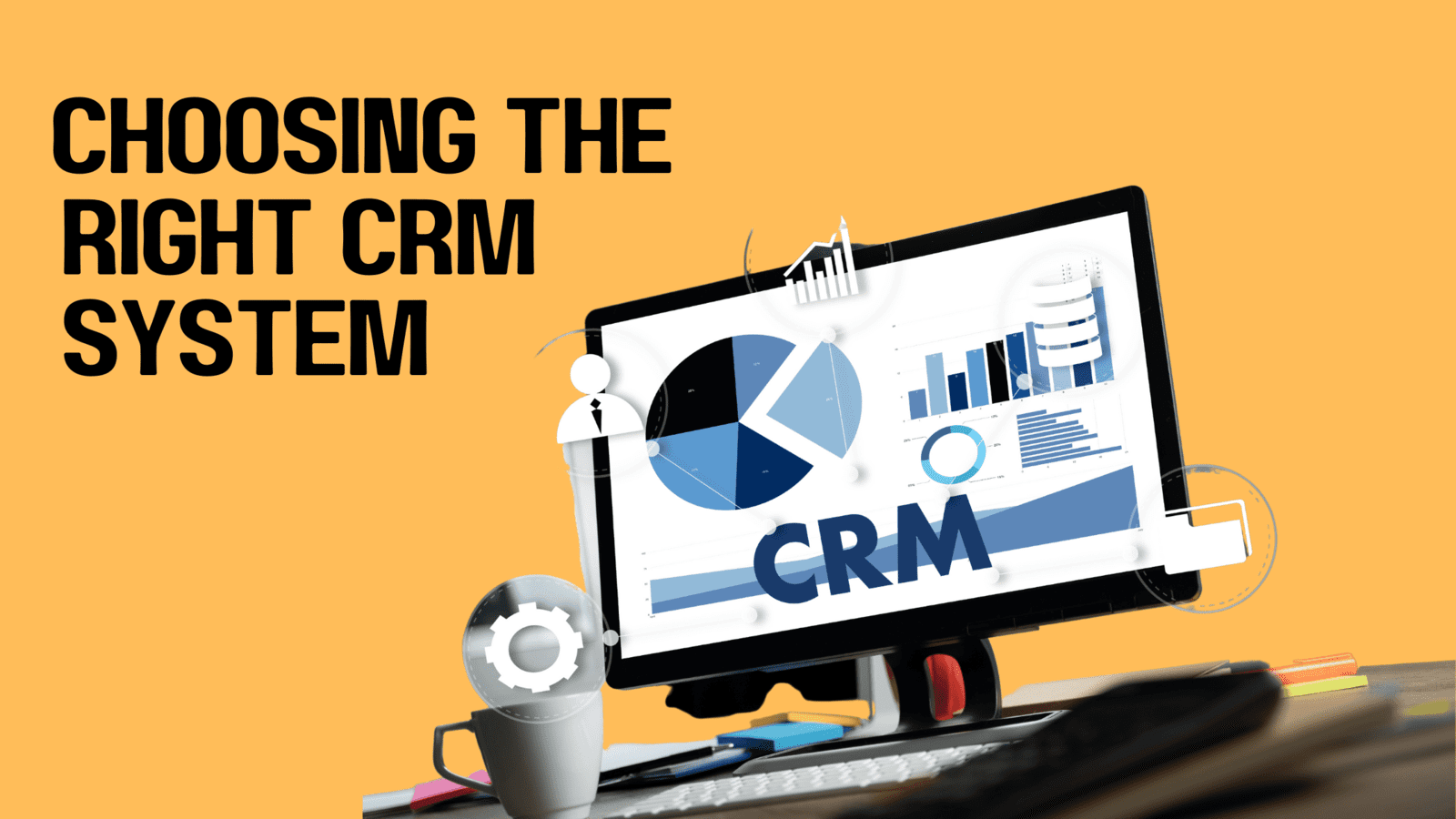
Choosing the Right CRM System
- What You Need: First, figure out what you want the CRM system to do. Do you want it to help you keep track of potential customers, manage your sales deals, or assist your customer service?
- Your Budget: Think about how much money you're okay with spending on this system. It's like deciding how much you're willing to pay for a tool that will make your work easier.
- Size of Your Business: Consider how many people in your company will be using this system. If you have a small team, you might not need something as big and fancy as a larger company would.
- Features You Want: Think about the things you want the CRM system to have. Is it important to have options like sending emails to customers, ranking how likely a lead is to become a customer, or using it on your phone?
- How Easy It Is: You'll want to know how easy the CRM system is to use. You don't want something too complicated for your team to understand quickly.
- Getting Help: Check what kind of help the people who make the CRM system offer. Are they known for being helpful if you have questions or problems?
Saving time? Click the video above for a simple breakdown of CRM challenges. If you'd like a deeper dive, keep on reading!
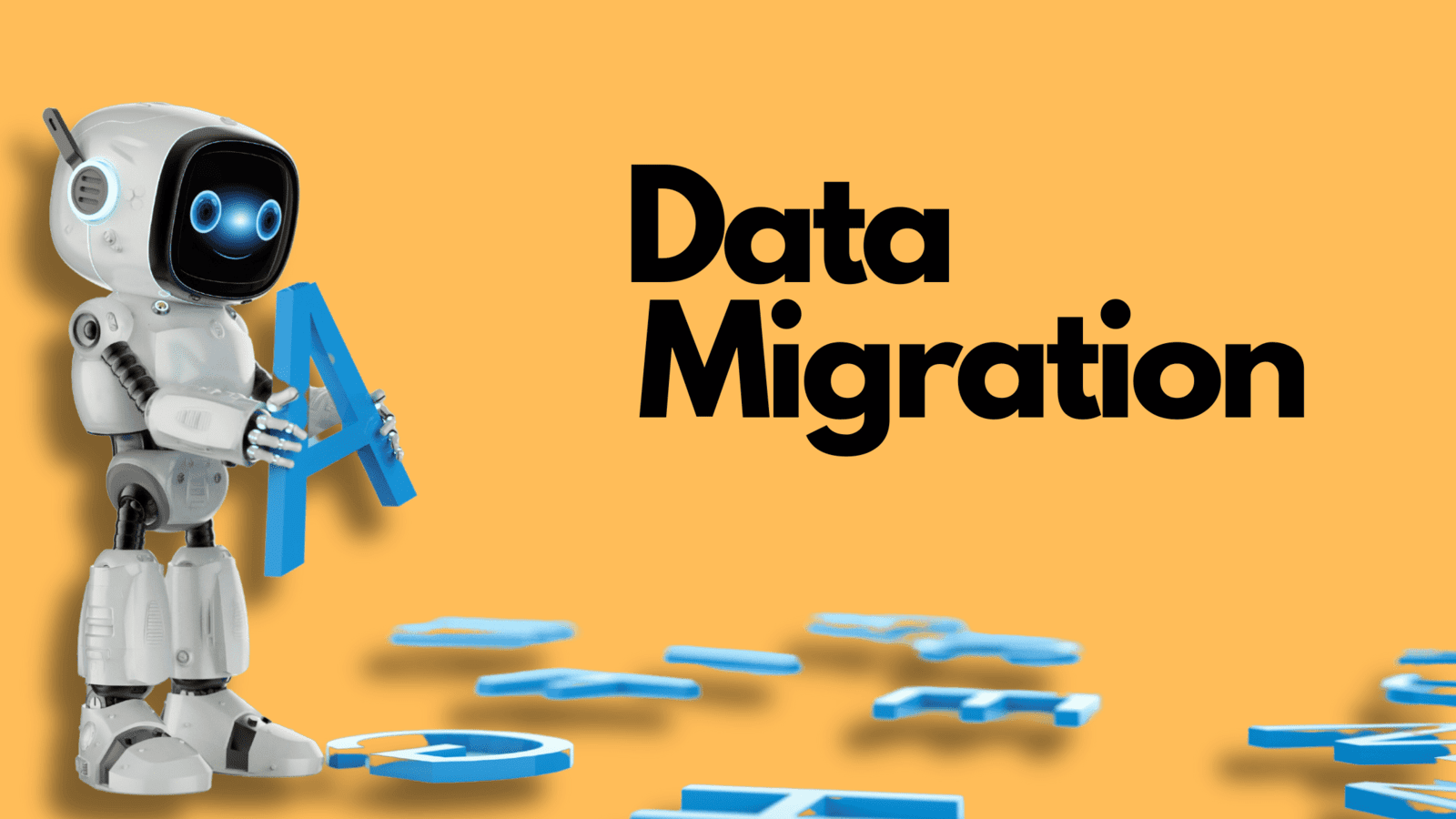
Data Migration Challenges
- Different Languages for Data: Imagine if your old house's furniture didn't fit in the new one because they used different ways to measure things. Similarly, the old and new systems might use different languages for data, so the information can get messed up during the move.
- Lots of Data: Moving a lot of data is like moving a whole bunch of stuff to a new place. It takes time and can sometimes slow things down.
- Messy Data: Sometimes, the data isn't perfect. It might be missing parts, like a puzzle with missing pieces. Or it could be wrong, like having the wrong colours in a picture puzzle.
- Keeping Secrets: Just like you wouldn't want strangers going through your things during a move, data can be private too. So, steps need to be taken to keep it safe while moving.
- Temporary Shutdown: Imagine if your old house had to be closed while you move your things out. Similarly, the old system might need to take a break during the data move, which could affect normal work.
- Costs: Moving things, whether houses or data, can cost money. It depends on how much stuff you have and how complicated the move is.
- Smooth Operations: Moving to a new system can make things work better, like getting a new and faster car. If you are choosing CRM for business, make sure it work smoothly.
- Faster and Better: Just like a new car is faster, a new system can work quicker and respond better.
- Safety First: New systems often have better locks, like in a fortress. So, your data stays safe from bad guys.
- Following Rules: Sometimes, rules say you need to move to a new place to keep things fair and square. The same goes for data - rules might say you need to move it for legal reasons.
- Copy and Paste: Like copying files from one folder to another. But this can be tricky if the old and new systems don't speak the same language.
- Translate the Data: Imagine if your old house's address was in a different format than the new one. You'd need to translate it. Similarly, you might need to translate data so it fits in the new CRM for businesses system.
- Make a Copy: It's like photocopying all your important documents before moving. You keep the original and move the copy. This method can work in real time or with older data.
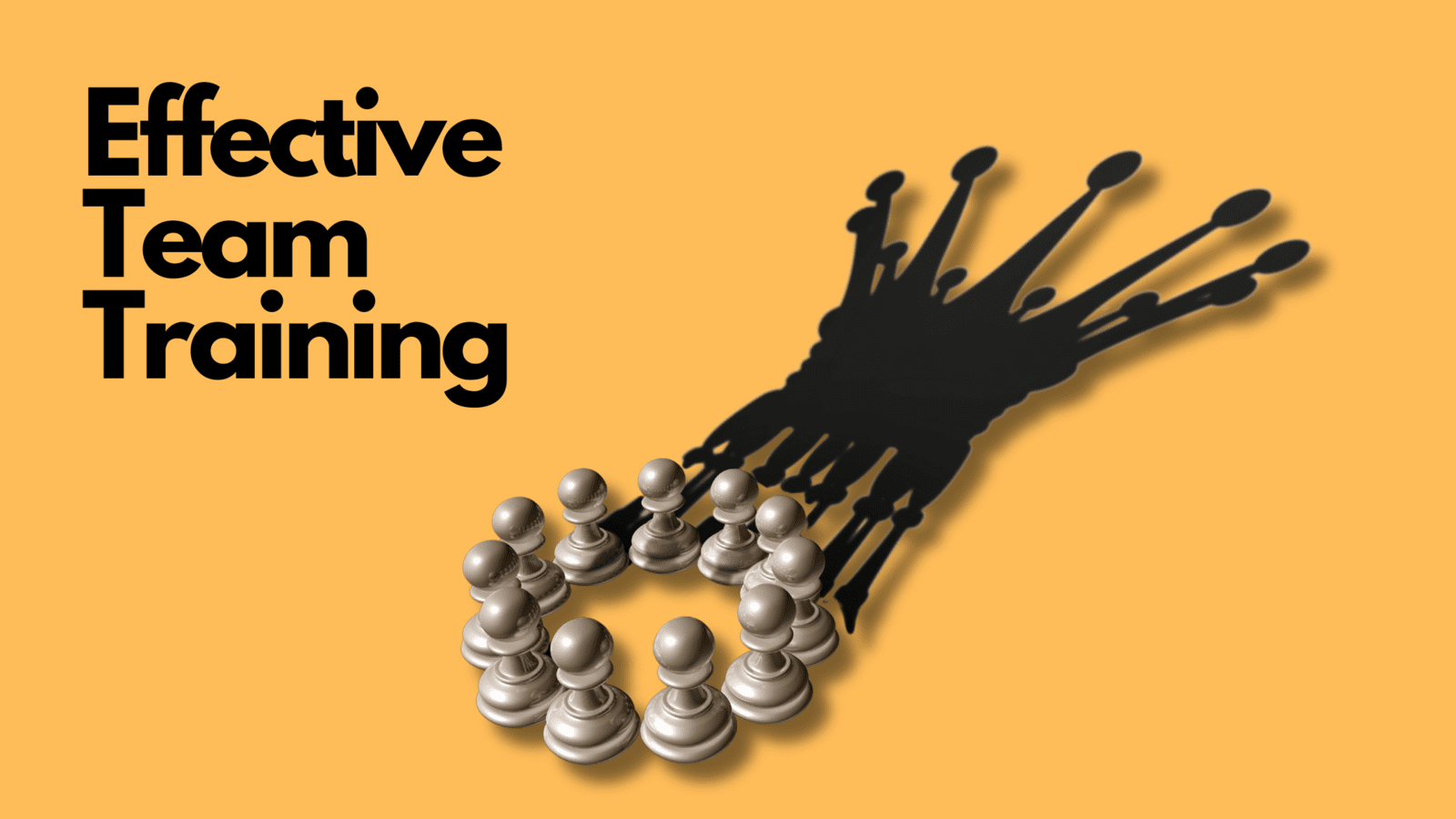
Effective Team Training
- Team training that works is kind of like putting together a puzzle for CRM for businesses. You need a few important pieces to make it all fit.
- The Right Stuff: The training has to be useful and match what the team needs and wants.
- How It's Taught: The training has to be taught in a way that's interesting and helps the team members learn.
- A Good Spot: The training should happen in a place that's good for learning, so everyone can focus.
- The Teacher: The person leading the training should know what they're talking about and have experience in CRM for businesses.
- Keep Going: After the training, there should be chances for the team to practice and get better.
Even if you have all of these things in place, it can still be tough to get everyone on the same page. People have different ways of doing things and different experiences, so it can be a challenge.But, here's why it's worth caring about good team training- Do Better Together: When teams get good training, they work better and get things done faster.
- Less Drama, More Talking: Good training can help teams talk better and avoid fights.
- Happy Place: Teams with good training usually enjoy their work more and create a positive environment.
- The Best People: When teams train well, they attract and keep the best people on the team, enhancing CRM for businesses.
- Happy Customers: Good teams make customers happy because they know how to work well together.
If you're curious to learn more about team training, there are lots of resources out there. You can find books, articles, and online classes about it. You can also chat with other people who know a lot about training teams or you can hire an excellent team of consultants and developers like us, IT Solutions Solved.Here are some ideas for making team training work, especially when implementing CRM for businesses:- Know Your Team: Figure out what your team is good at and where they could improve.
- Custom Fit: Make the training match what your team needs. Don't try to teach them everything at once.
- Mix It Up: Keep the training fun by using different ways to learn.
- Jump-In: Get everyone involved in activities and talking during the training.
- Practice Makes Perfect: Give your team chances to practice and get feedback. It helps them learn better.
- Check-In: After the training, see how your team is doing. Keep the good stuff going.
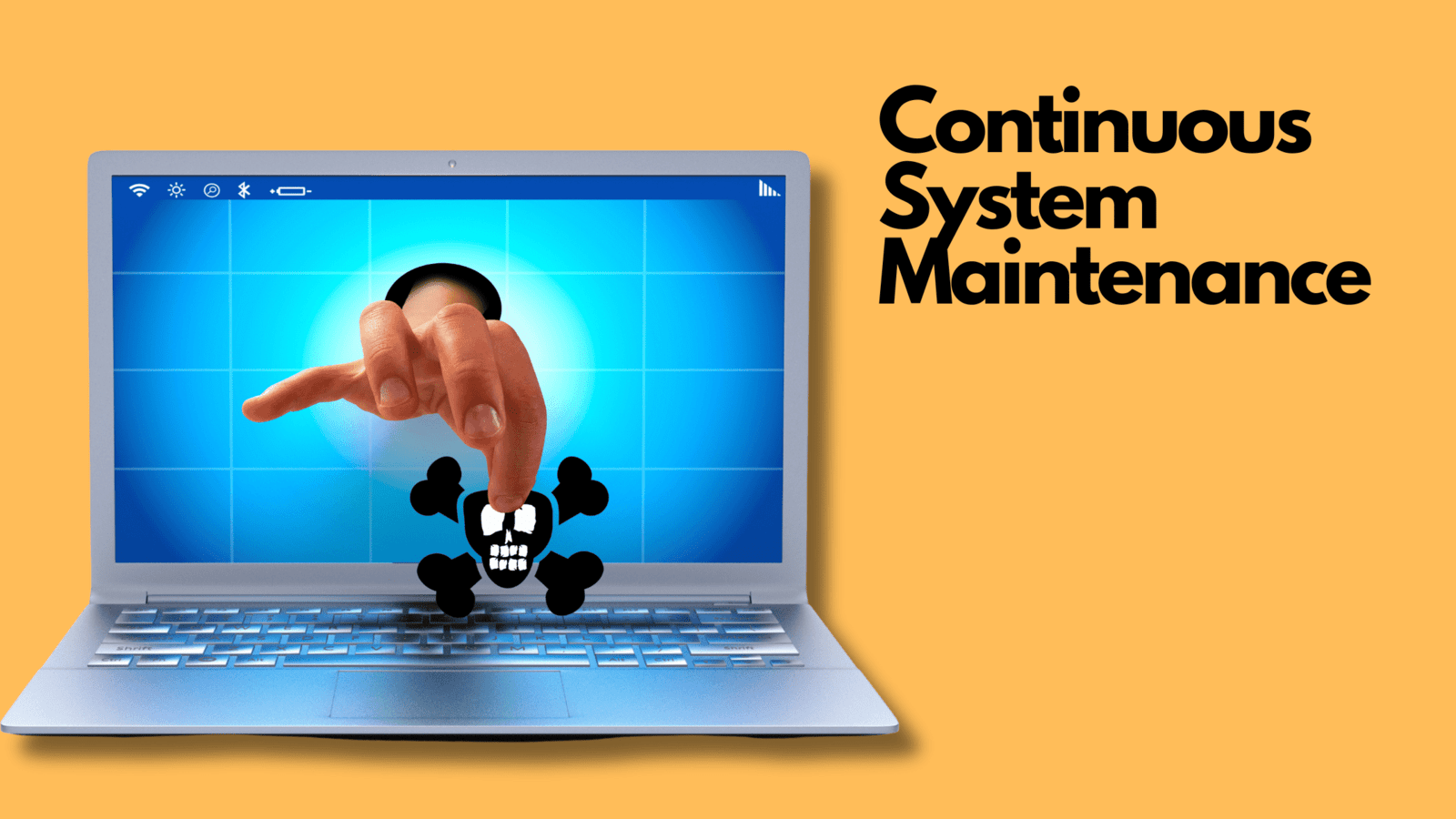
Continuous System Maintenance
- Start by identifying the most important parts of your technology.
- Create a plan to monitor and maintain these parts regularly.
- Make use of suitable tools for the job.
- Train your team so they're ready to handle any issues.
- Keep everyone informed about the process.
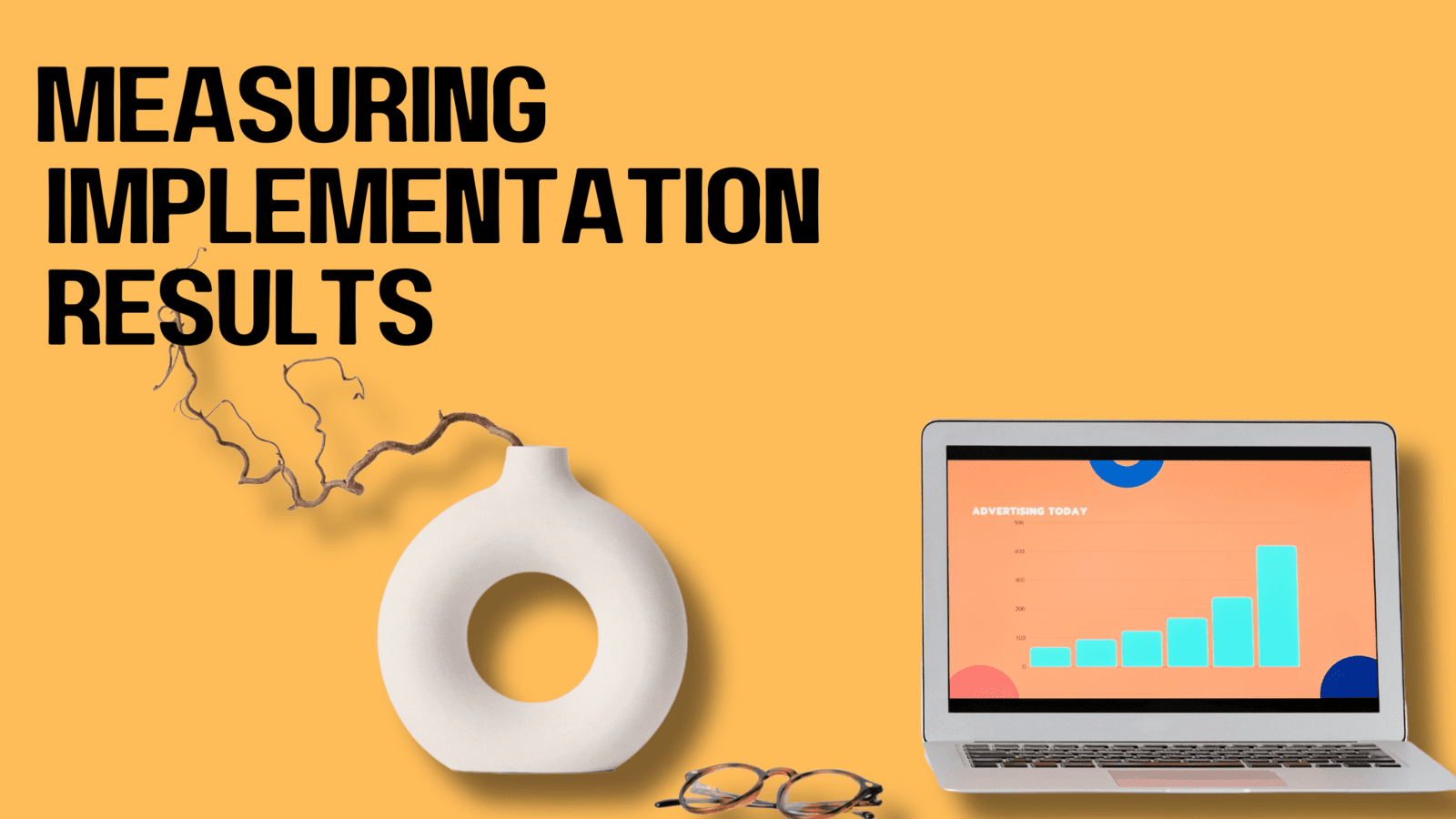
Measuring Implementation Results
- Lead conversion rate: How many potential customers become actual customers.
- Sales cycle length: The time it takes to make a sale.
- Customer lifetime value: How much money a customer brings in over time.
- Customer satisfaction: How happy customers are with what you offer.
- Net promoter score: How likely customers are to tell others about your business.
- To make sure it's working for you: Just like you check on your plants to make sure they're thriving, measuring the CRM helps you see if it's helping your business.
- To improve what's not working: If a plant isn't growing well, you change its spot or water it differently. Similarly, if some parts of your CRM for businesses aren't working, you can fix them.
- To make smart choices: Like deciding where to plant based on the sunlight, measuring your CRM system helps you make better choices for your business.
- To show it's worth it: Just as you'd explain why you bought that special plant food, measuring the CRM system's success can help you show its value to others.
- To celebrate progress: Watching your plants grow can make you happy. Seeing how your business improves with the CRM system can give you that same feeling of accomplishment.
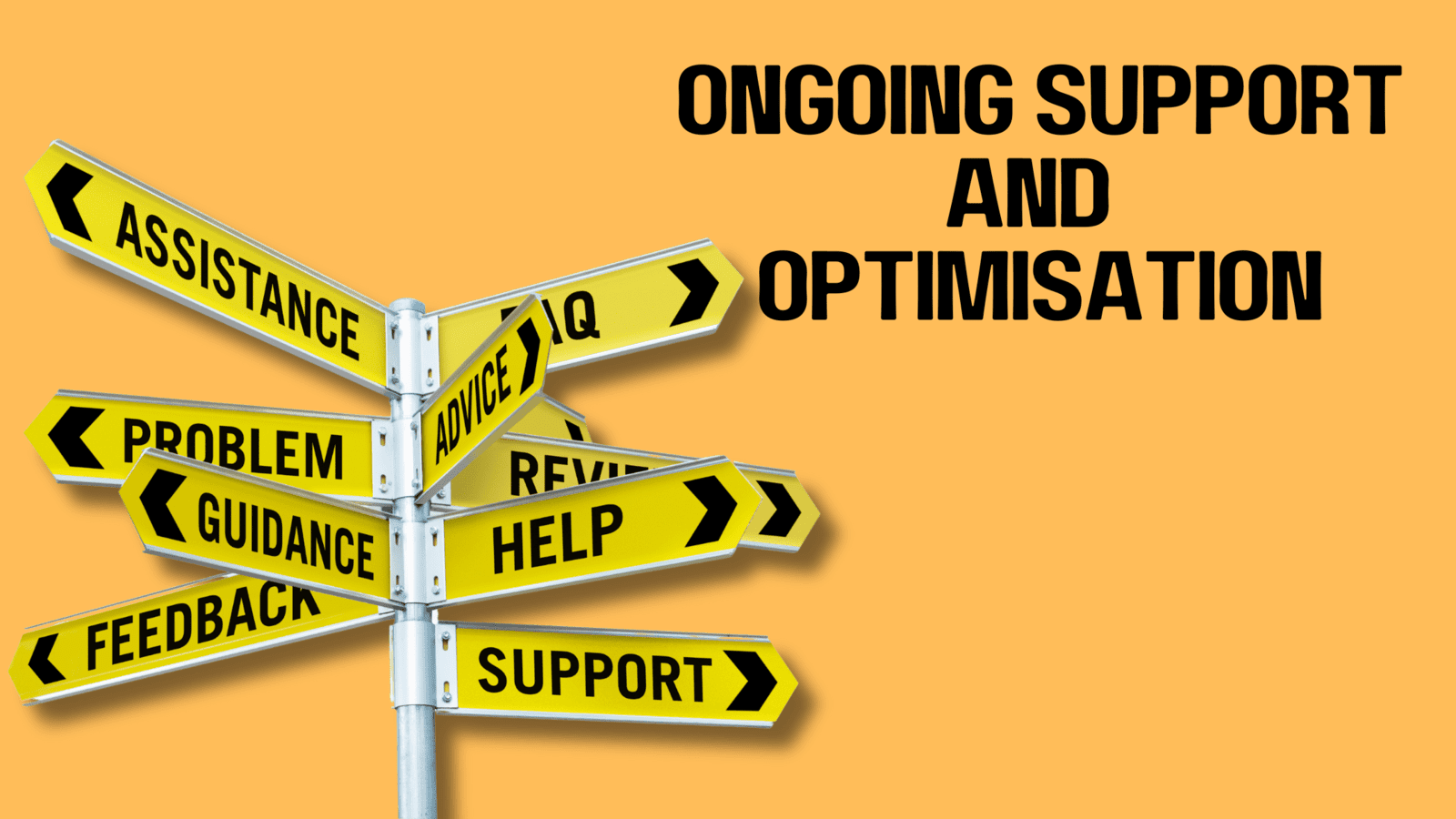
Ongoing Support and Optimisation
- Complexity Confusion: CRM systems can be a bit like figuring out all the buttons and features on a new car dashboard. It might take a little time to get comfortable with all the options.
- Chasing Changes: CRM systems keep evolving, similar to how cars get new features and updates. Keeping up with these changes might feel like following a moving target.
- Messy Data Mess-ups: Think of your CRM data as the engine of your car. If it's not running smoothly (accurate and organised), it might affect your performance and decision-making.
- Missed Opportunities: Imagine if you didn't know your car had a turbo boost button. Similarly, not using your CRM for businesses to its full potential might mean missing out on opportunities.
- Supercharged Efficiency: When your CRM for businesses is well set up, it's like having a high-performance engine. It can help you work faster and smarter.
- Productivity Power-Up: Your CRM can work like a GPS, helping you navigate your business better. It can show you where you're excelling and where you could take a different route.
- Decision-Making Magic: With a good CRM, you can look at all your business data in one place, like seeing all your car's indicators on a single screen. This helps you make better decisions.
- Happy Customers: Think of your CRM for businesses as a tool that keeps track of all your customer conversations. It's like having a record of all your car's maintenance history—it helps you provide great service.
- Clean House: Regularly clean and organise your CRM data, just like you would keep your car's engine clean.
- Same Rules for All: Set clear rules for how data should be entered into the CRM. It's like having a checklist for your car maintenance.
- Bye-bye, Clones: Remove duplicate or outdated data—it's like removing unnecessary clutter from your car.
- Know-How Sharing: Teach your team how to use the CRM for businesses effectively. It's like showing someone how to drive your car smoothly.
- All Together Now: Connect your CRM with other tools you use, just like connecting your car's sound system to your phone.
- Check Your Dashboard: Keep an eye on how your CRM is performing, similar to how you check your car's dashboard for important information.






